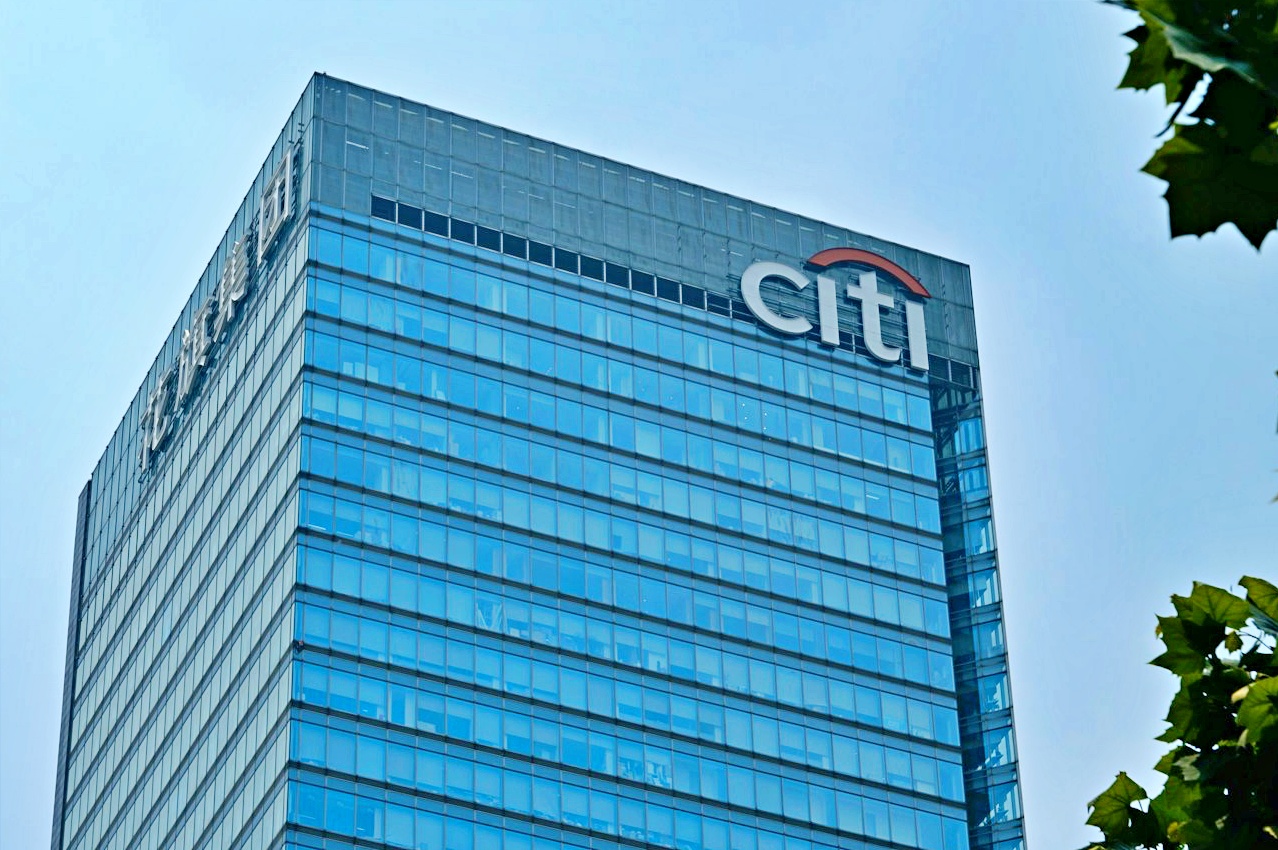Artificial intelligence is helping banks like Goldman Sachs and BMO slash task times and free up creative potential. However, industry leaders revealed at the Reuters Next conference that despite the efficiency boom, AI has yet to prove itself as a revenue generator.
AI Predicted to Revolutionize Banking Efficiency
Panelists at the New York-based Reuters Next conference predicted that artificial intelligence will significantly increase banks' efficiency; however, they also noted that the technology has proven to be more difficult to monetize thus far.
Large financial institutions have been experimenting with artificial intelligence (AI) virtual assistants for customers and implementing HR, compliance, and finance technologies for staff members, all while attempting to build wealth management products.
During Tuesday's Reuters Conference, David Solomon, chief executive officer of Goldman Sachs, said that coding and other areas might benefit from the use of machine learning and AI.
"We have 11,000 engineers. We do an enormous amount of coding," Solomon stated. "If we can increase with these tools their coding productivity by 20 or 30%, it's a huge tailwind for us."
Goldman Sachs and BNY Push AI Innovations
At the same conference, BNY CEO Robin Vince announced that the bank, like other US banks, is investing in AI tools.
"We have thousands of people at BNY who are now enabled to be able to build and commission agents to be able to help them with their daily tasks," added Vince.
Having said that, AI has not yet contributed to financial firms' bottom lines. The head of artificial intelligence and data at BMO Financial Group told the conference on Wednesday that banks should still specify their specific uses for the technology.
Revenue Challenges Persist Despite AI Advancements
"The hype cycle brought a lot of positive attention to this space. I am chief AI officer now because there was a little bit of a hype cycle," stated Kristin Milchanowski, who was appointed to the position in October at BMO, one of the biggest banks in Canada.
"I do believe that people thought it was going to impact the revenue or have a cost takeout different from what the effect actually has been," Milchanowski pointed out, "We're not seeing revenue-generating activity."
One area where AI has been particularly effective is in the reduction of report production time. For example, at BMO, the equity teams used to spend almost four hours a day on this task, but now they only spend less than one. This frees up the analysts' time for more creative work, Investing.com explains.
Future AI Use Cases for Banks
Milchanowski chimed on, saying that it will be crucial to zero down on particular AI use cases going forward, and he mentioned ways the technology may improve trade optimization and customer acquisition.



 Bank of Japan Signals Readiness for Near-Term Rate Hike as Inflation Nears Target
Bank of Japan Signals Readiness for Near-Term Rate Hike as Inflation Nears Target  South Korea Assures U.S. on Trade Deal Commitments Amid Tariff Concerns
South Korea Assures U.S. on Trade Deal Commitments Amid Tariff Concerns  Baidu Approves $5 Billion Share Buyback and Plans First-Ever Dividend in 2026
Baidu Approves $5 Billion Share Buyback and Plans First-Ever Dividend in 2026  Dow Hits 50,000 as U.S. Stocks Stage Strong Rebound Amid AI Volatility
Dow Hits 50,000 as U.S. Stocks Stage Strong Rebound Amid AI Volatility  SpaceX Updates Starlink Privacy Policy to Allow AI Training as xAI Merger Talks and IPO Loom
SpaceX Updates Starlink Privacy Policy to Allow AI Training as xAI Merger Talks and IPO Loom  Global PC Makers Eye Chinese Memory Chip Suppliers Amid Ongoing Supply Crunch
Global PC Makers Eye Chinese Memory Chip Suppliers Amid Ongoing Supply Crunch  Russian Stocks End Mixed as MOEX Index Closes Flat Amid Commodity Strength
Russian Stocks End Mixed as MOEX Index Closes Flat Amid Commodity Strength  SoftBank and Intel Partner to Develop Next-Generation Memory Chips for AI Data Centers
SoftBank and Intel Partner to Develop Next-Generation Memory Chips for AI Data Centers  Google Cloud and Liberty Global Forge Strategic AI Partnership to Transform European Telecom Services
Google Cloud and Liberty Global Forge Strategic AI Partnership to Transform European Telecom Services  Silver Prices Plunge in Asian Trade as Dollar Strength Triggers Fresh Precious Metals Sell-Off
Silver Prices Plunge in Asian Trade as Dollar Strength Triggers Fresh Precious Metals Sell-Off  Amazon Stock Rebounds After Earnings as $200B Capex Plan Sparks AI Spending Debate
Amazon Stock Rebounds After Earnings as $200B Capex Plan Sparks AI Spending Debate  Sam Altman Reaffirms OpenAI’s Long-Term Commitment to NVIDIA Amid Chip Report
Sam Altman Reaffirms OpenAI’s Long-Term Commitment to NVIDIA Amid Chip Report  Nvidia CEO Jensen Huang Says AI Investment Boom Is Just Beginning as NVDA Shares Surge
Nvidia CEO Jensen Huang Says AI Investment Boom Is Just Beginning as NVDA Shares Surge  RBI Holds Repo Rate at 5.25% as India’s Growth Outlook Strengthens After U.S. Trade Deal
RBI Holds Repo Rate at 5.25% as India’s Growth Outlook Strengthens After U.S. Trade Deal  Trump Lifts 25% Tariff on Indian Goods in Strategic U.S.–India Trade and Energy Deal
Trump Lifts 25% Tariff on Indian Goods in Strategic U.S.–India Trade and Energy Deal  Japanese Pharmaceutical Stocks Slide as TrumpRx.gov Launch Sparks Market Concerns
Japanese Pharmaceutical Stocks Slide as TrumpRx.gov Launch Sparks Market Concerns  India–U.S. Interim Trade Pact Cuts Auto Tariffs but Leaves Tesla Out
India–U.S. Interim Trade Pact Cuts Auto Tariffs but Leaves Tesla Out 































